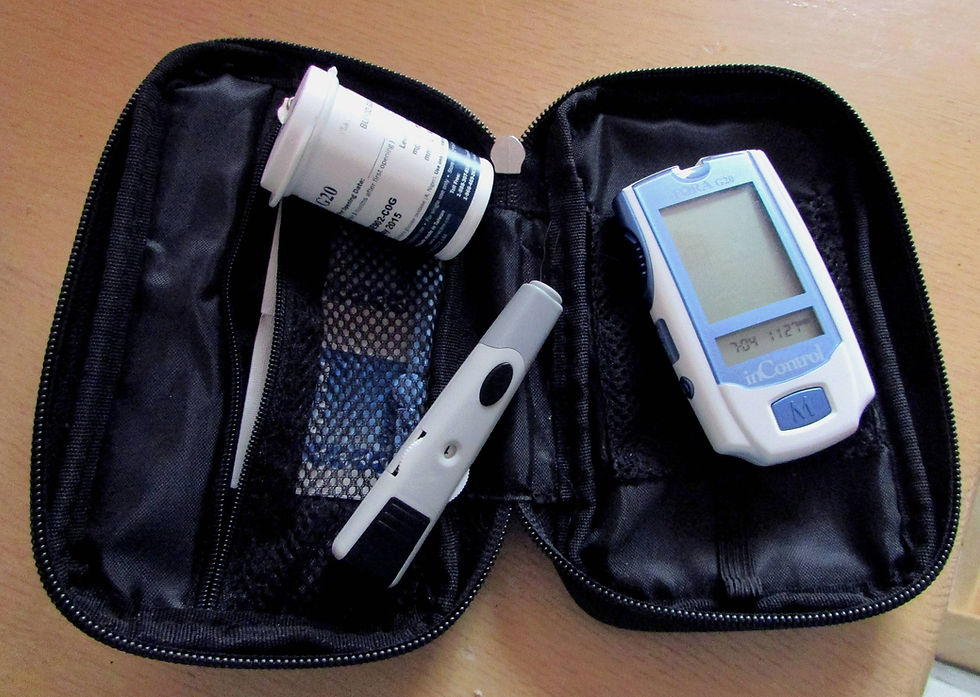A Bang to Public Health and Social Justice
- Lori Mae Yvette Calibuso Acob
- Oct 2, 2021
- 4 min read
What is a Concussion?
Mild traumatic brain injuries (mTBI), also known as concussions, represent a significant global public health concern given the vast population at risk. A concussion is an injury caused by a blow or jolt to the head that causes the brain to move rapidly back and forth. When a person gets a concussion, they may experience impaired cognition or memory, coordination difficulties, visual changes, and high emotional functioning such as personality or mood changes.
Although concussions are not usually life-threatening, the effects of a concussion can be severe, and it is advised that people with a concussion seek medical care. If left untreated, there is a greater risk of repeat concussions, which can exacerbate the intensity and duration of symptoms, leading to post-concussion syndrome. Moreover, persistent post-concussive symptoms can further damage the brain, increasing the risk of developing neurodegenerative diseases such as Alzheimer’s, dementia, and chronic traumatic encephalopathy (CTE).
Anyone can experience concussions, however, certain groups are at greater risk of experiencing the more adverse effects of concussions. These differences in health outcomes are caused by cultural structures, such as the importance of sports, and health disparities. Examples of groups that are most likely to experience the more adverse effects of concussions include athletes participating in high-contact sports, people without health insurance, and survivors of intimate partner violence.
Cultural Constructs
Although cultures may vary across the world, we all share a universal liking to one thing: sports. No matter what culture we identify with, sports contribute a massive part to it. Sporting events such as the Olympics, FIFA World Cup, Super Bowl, and Rugby World Cup bring together individuals and communities. Those who enjoy and watch sporting events feel happy—they may live vicariously through their favorite team’s victory, feel a sense of community with people of similar team interests, or even a sense of pride when their nation or ethnicity is represented.
While we all enjoy watching sporting events, how often do we think about the actual players? I’m not talking about their stats, but instead want to focus on their health and well-being. For instance, when we watch football and a player is tackled, we are either ecstatic or disappointed depending on if the player is on the team we are supporting. One of two thoughts crosses our mind: “Oh, thank goodness,” or “Ugh, this sucks.” We never think, “Oh dang, is he okay?”
Something we don’t realize is how dangerous these sports can be. High-contact sports such as football, hockey, soccer, boxing, and rugby have the highest incidence of concussions. Moreover, both student and professional athletes may face challenges regarding concussions due to social and political factors. For instance, student athletes, especially male athletes, may feel pressure to continue with the game even after being injured due to the social construct that men are supposed to be strong and aggressive. Additional pressure may be applied by their fathers, who may use sports to promote masculinity. Similarly, with professional athletes, there is an expectation to perform well as thousands of people are counting on them to win. To fulfill this expectation, athletes may continue playing despite being injured. Athletes who go back into the game after sustaining a concussion often have to contend with an extended recovery time, and returning to play too early increases their risk of another concussion or injury to a different part of the body by three-fold. Prolonged recovery time can lead to post-concussion syndrome, putting these athletes at risk of developing neurodegenerative diseases in the future.
Health Disparities
It’s important to acknowledge that concussions go beyond the realm of sports. When someone experiences a concussion, they must seek medical help immediately to receive a proper diagnosis and treatment options. However, since most diagnostic methods require brain imaging techniques such as MRIs and CT scans, and treatment options include therapy and rehabilitation, people with specific socioeconomic characteristics may face significant barriers to accessing care. Studies report that people with low income or no health insurance are less likely to receive TBI-related procedures and inpatient services such as rehabilitation. The lack of care these individuals receive puts them at a higher risk of another concussion that may be more severe, developing neurodegenerative diseases, and even death.
Health disparities are also present amongst women affected by intimate partner violence (IPV). IPV is a sub-group of domestic violence. In cases of intimate partner violence where women are abused, it is relatively common for women to suffer a concussion. However, most women are unaware that they are sustaining these brain injuries. As a result, women who survive the abuse and do not receive concussion-related treatment experience diminished cognitive function such as poorer memory and inability to concentrate. Abused women are also at a higher risk for developing mental difficulties such as depression, anxiety, and PTSD. Despite Women Empowerment Programs and the public’s increasing awareness of intimate partner violence, the severity of the concussions and injuries women sustain are still downplayed and labeled as hysterical and an overreaction. The lack of trust and belief we have for women who survive abuse puts them in a position of suffering long-term health issues that could be prevented with the proper care .
Concussions can happen to anyone, and they can have long-lasting effects if not diagnosed or treated correctly. Changes need to be made to put the player before the game, make healthcare more accessible, and empower and listen to women.




Comments